Doctors are regarded as the savior of lives. It is impossible to imagine a world without physicians. Thus, we have compiled this post with 25 facts about doctors.
Admittedly, you might know some of them already. However, we also believe, you will learn some new facts from this post as well.
Facts about Doctors
1. Father of Modern Medicine
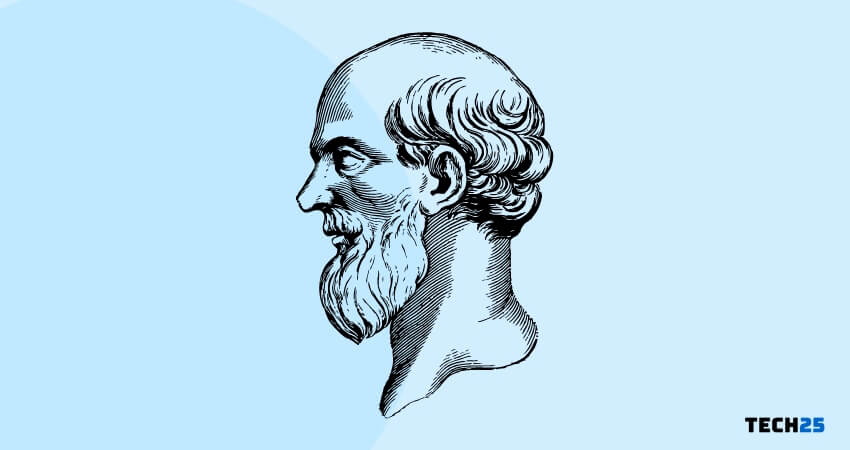
Hippocrates was born in ancient Greece in 460 BC. He was a doctor at that time. There were physicians before him, but most of them would think that disease transpires from supernatural causes.
However, Hippocrates was the first one to treat illness and disease as a result of natural causes.
In fact, his contribution to the medical field was immense. He is also known for introducing advanced medical studies and systems.
Along with that, Hippocrates also founded the ‘Hippocratic School of Medicine’. It revolutionized and established medicine as a profession. As a result, he is regarded as the ‘Father of Medicine’.
2. The Hippocratic Oath
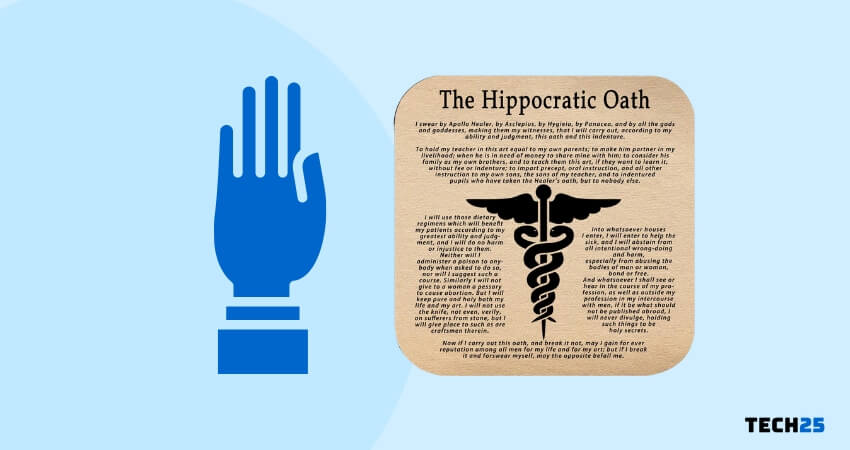
Hippocrates is regarded as the writer of the historic oath of ethics for physicians. Originally, it was written in ‘lonic Greek’. And, theories suggest that it was written between 500 and 300 BC.
This oath includes principles of medical ethics and medical confidentiality.
This oath has been modified in many languages. And, slightly modified versions of the ‘Hippocratic Oath’ are still taken by doctors around the world.
3. Prehistoric Medicine

Using medicine to treat diseases is not new. Humans were using a variety of medicines from ancient times.
However, those were not similar to today’s medicines. Interestingly, plants, soil, clays, etc. would be used as healing agents in ancient times.
4. The First Ever Trepanning Operation
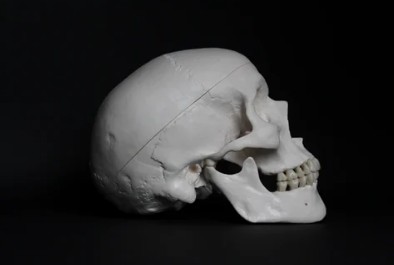
Similarly, humans have been also practicing critical surgical procedures since ancient times. For instance, the earliest known surgical procedure was known as ‘Trepanation’ or ‘Trepanning’.
Trepanation is the practice of drilling a hole or multiple holes in the skull to treat head injuries or mental illness.
Interestingly, this practice was still on use until the 19th century in many parts of the world.
5. The First Ever Dentistry

According to a study in 2017, Neanderthals have used basic dentistry tools about 130,000 years ago.
However, archaeologists have found a tooth in Italy with evidence that was cleaned with dentistry tools about 13 to 14 thousand years ago.
Historically, modern dentistry has developed between 1650 and 1800. And, ‘Pierre Fauchard’ is regarded as the ‘Father of Modern Dentistry’.
He wrote a book where he explained various science-based description of dentistry in 1728.
6. The First Ever Amputation
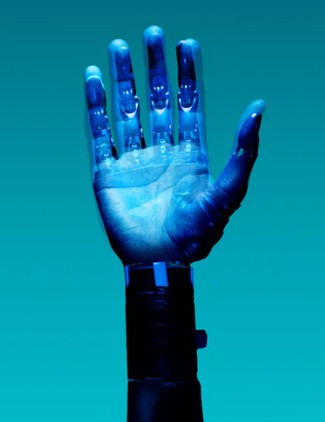
Nowadays, amputation is a common procedure. In 1858, archeologists have unearthed a copper and wood leg in Italy.
It was likely done around 300 B.C. As a result, it is regarded as the first-ever amputation in the history of mankind.
7. The First-Ever Medical Prescriptions

The use of prescription is nothing new. Interestingly, according to archeologists, prescriptions were used since 2100 B.C.
There are pieces of evidence that physicians in Mesopotamia would use clay tablets to prescribe healing agents to their patients.
It is also known that the first-ever drugstore was founded in the ancient Baghdad (the capital city of Iraq) back in 800 A.D.
In comparison, the first drugstores in the USA were established in the 17th century.
8. Number of Active Doctors in the USA

Let’s take a quick look at some stats regarding physicians in the US.
- According to reports, there are about 940,000 certified active physicians in the US.
- Among them, most have an MD degree (Doctor of Medicine).
- 60 percent of the doctors were male and the rest are female.
9. Surgeons and Video Games

A study was carried out in the USA to find out if there is any correlation between playing video games and the performance of the surgeons.
Surprisingly, it was reported that the surgeons who have played video games regularly were 27 percent faster and made 37 percent fewer errors during surgery compared to their non-gamer coworkers.
10. Medical Errors

Although the field of medicine has developed a lot since ancient times, medical errors are still one of the main reasons of injury and death in the world.
Unfortunately, it is reported that around 99,000 people die every year due to medical errors in the USA.
11. Leaving Medical Tools or Sponges inside the Patients
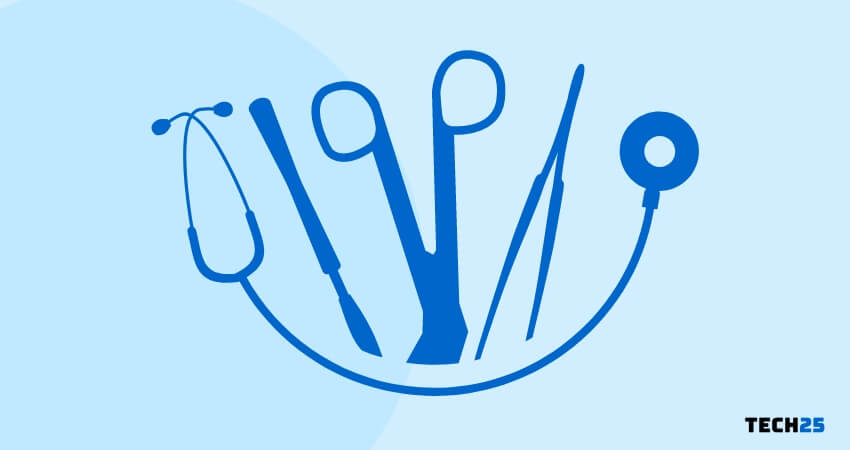
Here’s a statistics of another unusual medical error. Reportedly, physicians around the world leave various medical apparatuses or sponges inside the body of their patients approximately 6 thousand times per year. Startling, isn’t it?
12. Telesurgery

The medical field has improved a lot in recent years. For instance, we have telesurgery. This is a newly developed surgical system in which both the patient and the surgeon don’t need to be in the same room or even in the same country.
This surgical procedure works with the help of robotic technology and wireless networking system to connect both the surgeons and patients.
Even if they are separated in reality, the surgeons can perform telesurgery in this way with ease.
13. Barry J. Marshall and His Self-Experiment
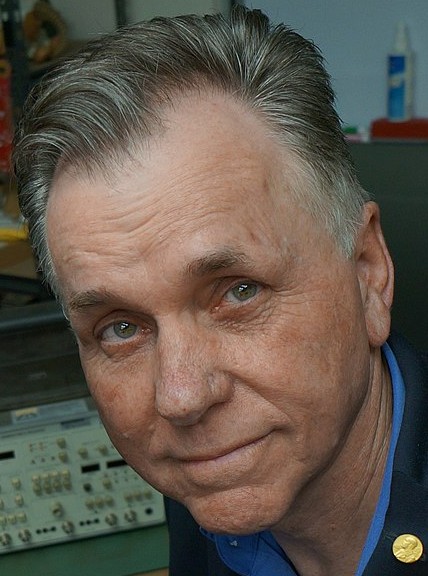
Earlier, it was believed that spicy foods, too much acid, and stress cause ulcers. However, Barry J. Marshall and Robin Warren proved that H. pylori ( Helicobacter pylori ) bacteria are responsible for causing ulcers.
The interesting thing is that to prove their claim that bacteria cause ulcers, Barry J. Marshall used his own body for the experiment.
For their contribution, Barry J. Marshall and Robin Warren were awarded the Nobel Prize in the Physiology/Medicine category.
14. The average doctor has around 40,000 hours of training
The average doctor in the US trains for around 40,000 hours before starting to treat patients, while this might sound little, it is known that you need to practice around 10,000 hours at anything to become an expert in it.
So 40,000 is more than enough to cover it in this case ( not to say you should NOT always try and learn more and improve )
15. The Doctor Who Introduced Hand-Washing

The importance of hand washing regularly is enormous. This simple practice can save you from various viral and bacterial diseases.
However, in the past people all around the world didn’t really practice this. It wasn’t common practice even in hospitals.
It was Ignaz Semmelweis, a Hungarian physician, who emphasized the practice of hand washing in 1840.
16. The Design of Chainsaw and Doctors

The chainsaw is one of the most commonly used tools in the timber industry. But, the first chainsaws were not used to cut trees. In fact, it was first used to help in childbirth by the physicians.
Obviously, the design of those chainsaws was not identical to the current ones.
For the record, 2 doctors from Scotland named ‘John Aitken’ and ‘James Jeffray’ designed the prototype of chainsaws in the 18th century.
17. Dr. Death
We all know doctors save lives. However, there are some physicians who are not known for saving. Rather, they are accused of killing their patients. One such example is ‘Christopher Daniel Duntsch’ who is known as ‘Dr. Death’. But why?
He was a neurosurgeon in the ‘Dallas-Fort Worth Metroplex’ hospital. During his service there, he actually practiced improper treatment to his patients.
As a result, he was convicted with the charge of killing and injuring about 33 patients while working in that hospital. Scary, isn’t it?
18. Ancient Electrotherapy with Electric Torpedo Fish

Electric rays or torpedo fishes are known for their capability of producing electricity. Since the dawn of time, these fishes were regarded as mythical and magical creatures due to their strange capability.
As a result, ancient physicians would treat patients that would suffer from headache, body ache, gout, and more with torpedo fish’s electric discharge.
Even the famous physician ‘Hippocrates’ would use electrotherapy to his patients using electric rays.
19. Doctors and Diabetes before the 11th Century

Egyptians were very advanced in the medical field. For the record, it was ‘Hesy-Ra’, a physician of Egypt, documented about a strange disease that had symptoms like frequent urination and emaciation. It was first documented in 1552 B.C.
Interestingly, there was no easier way to detect diabetes until the 11th century. Matter of fact, there were ‘Water Tasters’, who would taste the urine of the patients to see if it tastes sweet or not.
20. Surgery With Power Tools

Yes, it is true that many surgeons have used or still use power tools for carrying out surgeries.
Even though it might seem unusual but only the best surgeons would be able to do such a thing. But keep in mind that they are not doing on a regular basis.
Rather, especial drills that are used in the medical field can be very costly. Thus, not every hospital in the world has those.
As a result, surgeons would use typical drills with medical drill bits to make a hole during surgery wherever applicable.
21. Leonid Rogozov and His Self-Surgery
Leonid Rogozov was a Soviet practitioner. In 1961, he was in Antarctica as the sole doctor for a group of 13 researchers.
During that time, he was suffering from nausea, fever, pain in the lower right side of the abdomen, and general weakness. Those symptoms made it apparent that there were issues with his ‘Appendix’.
As there were no doctors available except for himself in their camp, he had to perform surgery on himself.
It was 1st May 1961, Leonid Rogozov with the help of a meteorologist and a driver performed the self-surgery successfully.
22. Discovery of Penicillin

Sir Alexander Fleming was the discoverer of Penicillin antibiotics. He discovered this back in 1928 accidentally.
At that time, he was researching the ‘Influenza’ virus in a lab at St. Mary’s Hospital, London.
Even though he was known as a biologist and pharmacologist, he was also a doctor professionally.
23. Li Juhong
‘Li Juhong’, a doctor in China, has been serving her patients for 19 years despite losing her both legs in an accident when she was just 4 years old.
She started her service in 2001. And, she has been treating thousands of patients in a village in China.
24. The First Kidney Transplantation
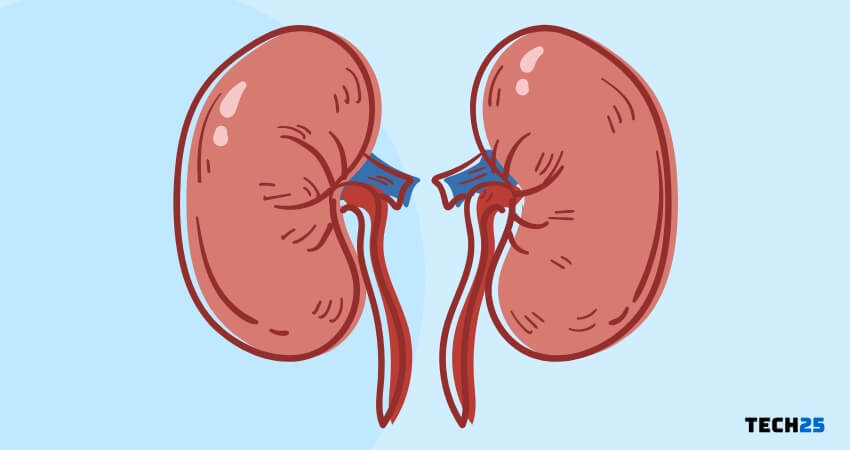
Historically, the first kidney transplantation took place in 1952 at a hospital in Paris, France. The surgeon in charge was ‘Jean Hamburger’.
Unfortunately, the transplanted kidney failed just after 3 weeks. As a result, it is not considered as the first successful kidney transplantation.
The credit of first successful kidney transplantation goes to ‘Joeseph E. Murray’ and his coworkers.
They performed kidney transplantation in a hospital in Boston in 1954. And, it was done between two twins. Luckily, this was the first successful kidney transplantation in history.
25. Khassan Baiev
‘Khassan Baiev’ is a ‘Chechen-American’ practitioner who was born in the Soviet Union. He was a plastic surgeon when the war between Chechnya and Russia broke out.
During the war, he operated on many injured patients from both sides. He didn’t discriminate anyone and even treated his enemies during the war.
Summing up
There you have it! In the post above, we have described a number of less-known facts about doctors.
If you have enjoyed this post about doctors, you will also love the post on facts about the CIA. You can give it a read and don’t forget to share this post with your friends and family.
